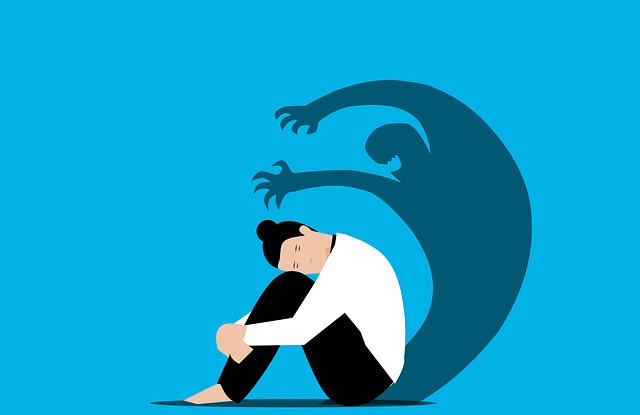
People who suffer from health anxiety, also known as hypochondria, constantly fret over the possibility of becoming very sick. It can be rather challenging to find joy in everyday activities and your relationships can be affected by this disease, which can have a big influence on your quality of life. You are not alone if you have been dealing with health anxiety. There are a lot of folks who have been through the same thing and managed to get back up. Learn all you need to know about health anxiety, how to cope with it, and what other people have found to work in this detailed guide.
Understanding Health Anxiety
Health anxiety involves a preoccupation with the belief that you are, or will become, seriously ill. This can manifest in various ways, including:
- Constantly checking your body for signs of illness.
- Frequently seeking reassurance from doctors, family, or friends.
- Avoiding situations or activities that you fear might cause illness.
- Experiencing physical symptoms triggered by anxiety, such as headaches or stomach issues.
The Impact on Life
For many, health anxiety can be debilitating. It can lead to:
- Emotional Distress: Constant worry can lead to feelings of depression, frustration, and hopelessness.
- Relationship Strain: Loved ones may feel helpless or frustrated by the continuous need for reassurance.
- Financial Burden: Frequent medical tests and doctor visits can lead to significant healthcare costs.
- Reduced Quality of Life: The constant preoccupation with health can prevent you from enjoying life’s pleasures and fulfilling your responsibilities.
Steps to Overcoming Health Anxiety
- Acknowledge the Problem Recognizing that you have health anxiety is the first step towards managing it. Understanding that your fears are driven by anxiety, rather than actual health issues, can be empowering.
- Seek Professional Help Cognitive-behavioral therapy (CBT) is highly effective for treating health anxiety. CBT helps you challenge and change unhelpful thoughts and behaviors. Therapists can also teach relaxation techniques and coping strategies.
- Limit Health-Related Research While it’s natural to want to research your symptoms, this often exacerbates anxiety. Set specific times for health-related research and stick to reliable sources. Avoid forums and anecdotal accounts that can fuel your fears.
- Practice Mindfulness and Relaxation Techniques such as mindfulness meditation, yoga, and deep breathing can help reduce anxiety. These practices encourage you to stay present and reduce the focus on health worries.
- Stay Active and Engaged Physical activity and hobbies can distract from health worries and improve your mood. Exercise releases endorphins, which are natural stress relievers.
- Build a Support Network Talk to trusted friends or family members about your struggles. Support groups, whether in-person or online, can provide a sense of community and understanding.
- Set Realistic Goals Gradually challenge yourself to reduce health-checking behaviors. For example, limit the number of times you check your body or seek reassurance each day.
- Educate Yourself About Anxiety Understanding how anxiety works can help demystify your symptoms. Learn about the physical symptoms of anxiety and how they can mimic illness.
- Use Technology Wisely Apps designed for anxiety management can provide guided meditations, mood tracking, and CBT exercises. Examples include Headspace, Calm, and Moodpath.
Real-Life Success Stories
Many individuals have successfully managed their health anxiety by following these steps. Here are a few testimonials:
- Sarah’s Story: For more than ten years, Sarah, a teacher in her forties, battled health concerns. She was able to lessen the frequency of her health checks after beginning cognitive behavioral therapy (CBT) and mindfulness practices, which helped her challenge her catastrophic thinking. Sarah now has a life that is more balanced and satisfying.
- John’s Journey: John, an engineer in his 35s, used to go to many doctors every month, sure he was sick. John was able to identify what set off his anxiety attacks and find better ways to deal with them with the support of his family and therapist. Instead of worrying about his health, he now prioritizes his interests and quality time with family.
Conclusion
Achieving freedom from health anxiety demands persistence, understanding, and the application of effective techniques. You may get your life back on track and get the happiness you deserve if you admit there’s an issue, get some help, and start living healthily. You can conquer health anxiety and live a life free of misery with the help of those who understand and those who can empathize with you.
Go to the ADAA – Health Anxiety page on their website for further details on how to deal with health anxiety and where to get assistance from trained professionals.

